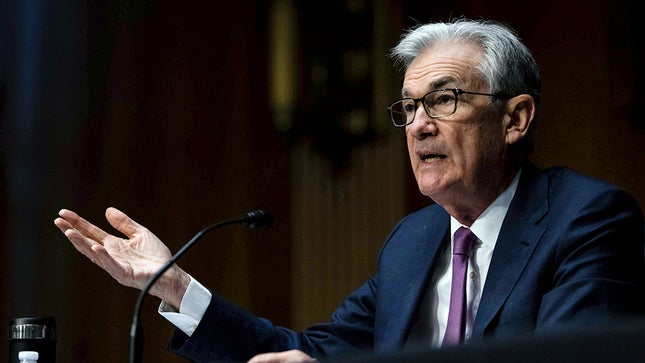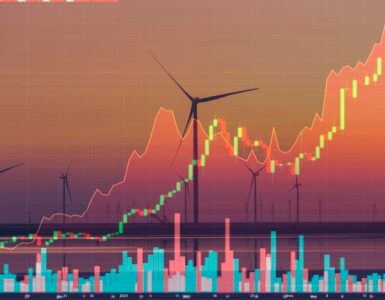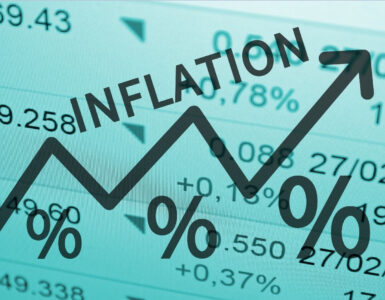If the Federal Reserve raises interest rates seven times this year as Bank of America head of global economics Ethan Harris predicted in a new call, the stock market won’t be immune from those hikes.
“I think it’s a flattish market, to be honest,” Harris told Yahoo Finance Live on Monday. “I think for now we have had the near-term corrections and the markets had to deal with the fact that the Fed isn’t going to be completely friendly going forward. They helped drive the stock market. Now they are taking back that promise. I think the market will do OK. I don’t think it will be a great year.”
Goldman Sachs Jan Hatzius lifted his own rate hike expectations to five this year from four after Harris’ call a week ago, which included a cut to BofA’s 2022 GDP growth estimate to 3.6% from 4%.
Markets have waded through an ugly start to the year as traders handicap calls by strategists such as Harris and Hatzius for much higher interest rates.
The Nasdaq Composite is headed for its worst start to a January ever. At a 10% drop through Monday afternoon, the Nasdaq’s January could surpass the 9.9% decline seen in January 2008, which had been the worst.
About 46% of the Nasdaq’s members are down at least 50% from their 52-week highs, according to Charles Schwab chief investment strategist Liz Ann Sonders. Zooming out doesn’t paint a better picture. Roughly 76% of the Nasdaq’s members are down at least 20% from their 52-week highs.
Meanwhile, stocks trading on sky-high valuations have been slammed as traders model in lower than expected future returns due to rising rates. AMD (AMD) shares have plunged 23% in January, Etsy (ETSY) has shed 33% and Netflix (NFLX) is off by 36%.
To be sure, not everyone on the Street is risk off on what is a cheaper stock market today as compared to one month ago.
Goldman Sachs strategist Peter Oppenheimer contends this period of heightened volatility is normal market behavior ahead of a shift in Fed policy.
“This is a correction in a bull market cycle. In our view, we remain in the early part of the growth phase — returns will likely be low but the bull market should continue (so long as economies grow). In common with previous cycles, we think this phase will be less bifurcated in terms of factor and sector leadership,” Oppenheimer said in a recent note.
Source: Yahoo Finance










